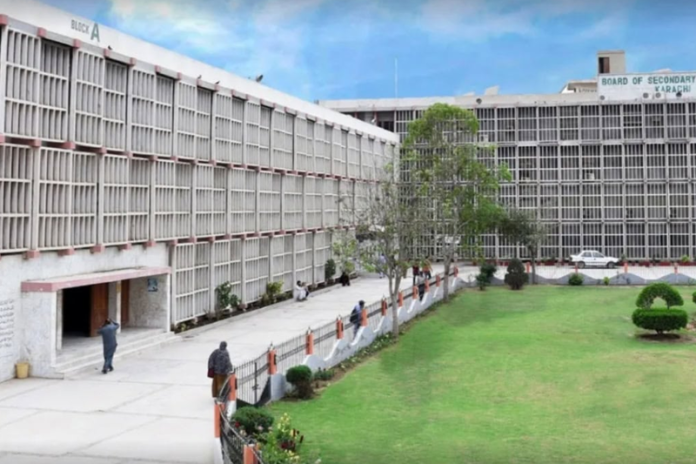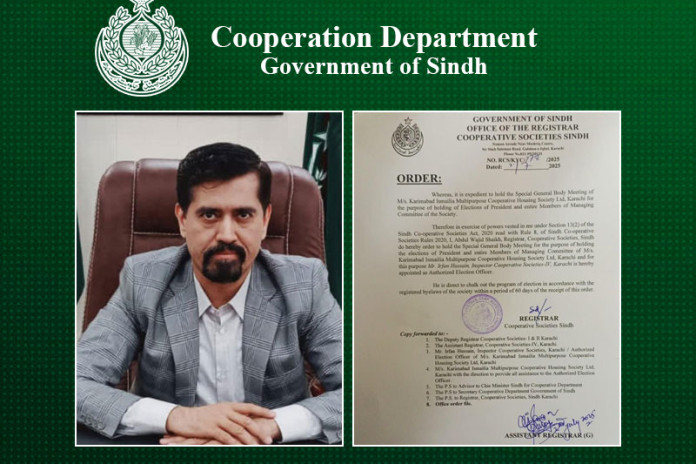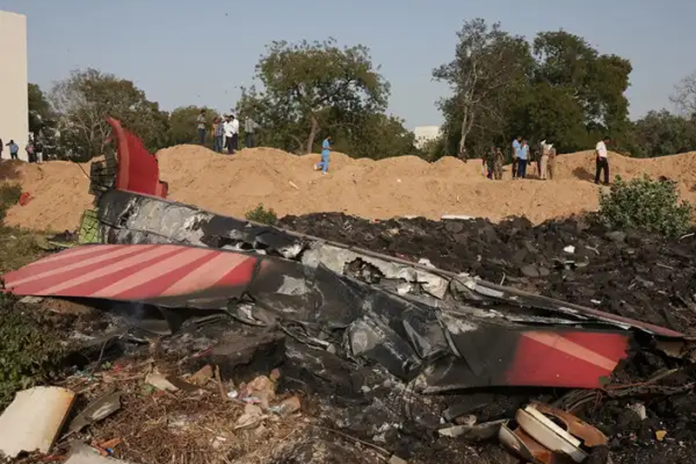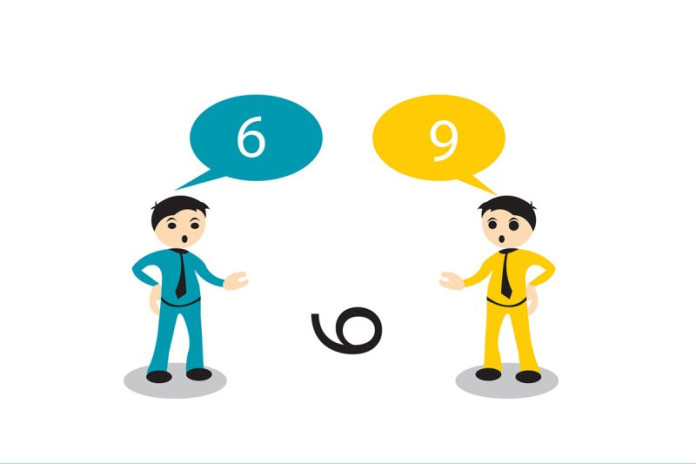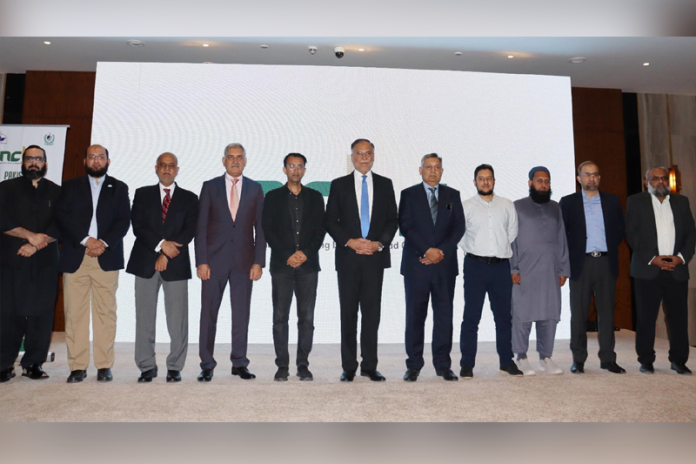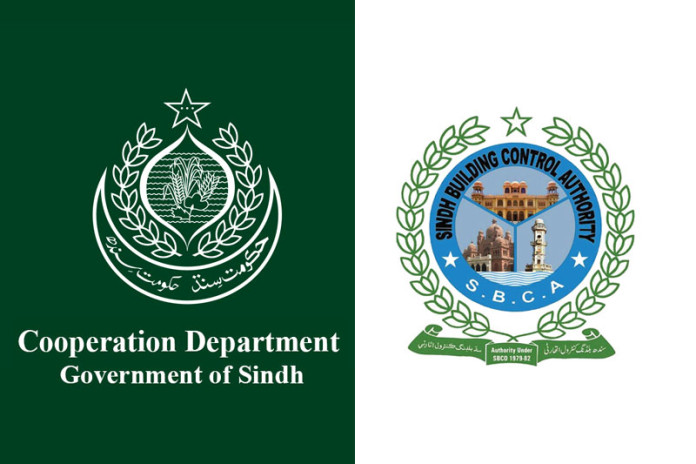Updating the tax system
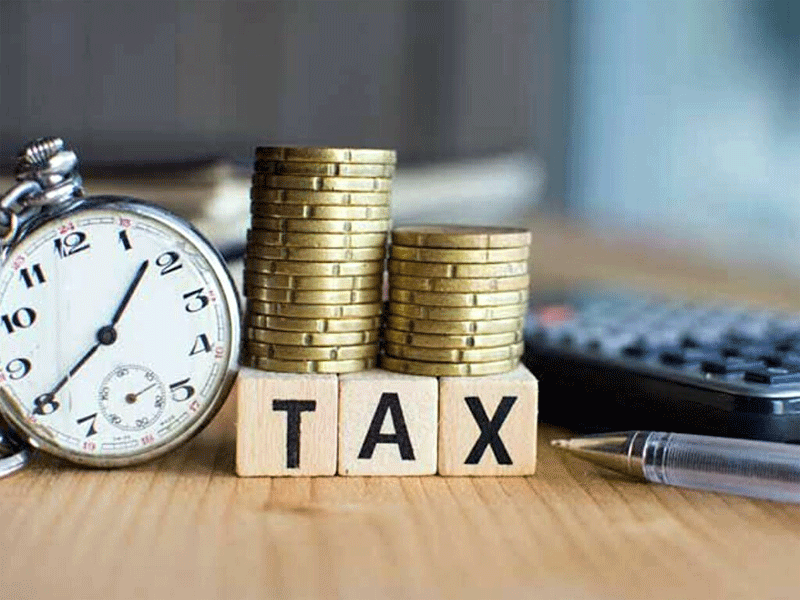
- 234
- 0
The Federal Board of Revenue, taking a big step to bring the shopkeepers and traders into the tax net, has issued a notification for the mandatory registration scheme for dealers, retailers, manufacturers and importer-cum-retailers.
According to the report, every shopkeeper will pay at least 1200 rupees as tax annually. Registration will be done initially in Karachi, Lahore, Islamabad, Rawalpindi, Quetta and Peshawar from April 1, while a seven-day deadline has been given for objections or suggestions on the draft. It has been said that those who do not register will be forced to register in the National Business Registry.
It should be clear that last week Pakistan informed the IMF about the reforms in FBR.
Sources said that work will be done to increase the tax net through investment in technology and now a plan has been made to bring about 31 lakh retailers into the tax net.
There is no doubt that paying tax is the duty of every Pakistani. It should be paid cheerfully, but our tragedy from day one is that there are no effective policies in this regard, the collection of taxes without discrimination has always been ignored and the entire burden has been put on the people who come in the tax net only.
Everyone knows that the main reason for the current economic crisis is tax, gas and electricity theft and mismanagement, and the reason for this is certainly not the poor or middle class people who are now being brought into the tax net.
However, the extravagance of the privileged classes should also be stopped and even the billionaires who do not pay taxes should be collected in full. For this, complete digitization of the economy is indispensable so that the tax net is widened and the people can be relieved by reducing the tax rate.
So that the tax net is wide and relief can be given to the people by reducing the tax rate and sufficient resources can be made available for national development.
Meanwhile, finnacial experts say that agri sector should also be brought into tax net. A clear proof of the fact is revealed in the recent report of the World Bank that 90% of agricultural workers in Pakistan do not pay taxes, while the share of taxes due to the improvement of income tax collection on agricultural income is one percent, while all the required reforms in the tax system may increase up to two percent. According to the report, the reason for this poor situation of taxation on agricultural income is the lack of coordination between the federation and the provinces. The overall status of income tax in the country can be estimated from the statistics of the World Bank that only 80 lakhs out of 11.4 million people with full employment, i.e. only about 14th of the total number, are registered for income tax, which shows the dilemma. As a matater of fact, these figures of the World Bank are certainly not surprising. The defects of our revenue system are not hidden from anyone.
According to analysts, only the salaried class pays full tax in Pakistan, while most of the landlords, property dealers, legal fraternity, education institutions, parliamentarians and rulers pay nominal tax. This is the reason why the common man has to pay the heavy burden of indirect taxes in the country in the form of GST on all necessities and heavy taxes on electricity, gas, petrol etc.
This is also a major reason for the rampant inflation in the country. If the big zamindars, waderas, nawabs, jagirdars and powerful classes like property dealers, pay the full tax on their income, the situation can definitely change positively. For this it is necessary to fully document the economy and modern technology has made this process much easier than in the past so immediate and fruitful progress should be made in this direction. It is ironical that instead of broadening the tax net, the successive governments have always burdened the tax-payers with additional taxes, while not bringing those in the tax-net, who should pay the taxes.
Due to this situation, the poverty graph is increasing the country.
At present, the real situation is that the industrial establishments are declining, many non-governmental organizations are firing their employees. In a country where more than one-third of the population lives below the poverty line, extraordinary measures are needed to solve the problem of the masses and instead of burdening the masses with additional taxes, the authorities concerned should identify those individuals who are liable to pay taxes but are not in the tax-net. To be very specific, the broadening of the tax-net is the only viable solution for the current scenario.
Another problem is the that our tax collection system is not in accordance with the requirment ofnew age.
It may be recalled here that the Central Board of Revenue was established in 1924 in the subcontinent for government revenue. After independence, this system continued to operate. Later, reforms and changes were made in it. Among the tax payers, the salaried class was the major contributor. According to a report, during the first half of the current financial year, the salaried class paid 243% more tax than the exporters.
A report by the World Bank stated that Pakistan ranks very low in the overall tax payment ranking among Asia Pacific countries.
The current tax system is based on indirect taxes at around 70% while only 30% of direct taxes are collected. People avoid paying taxes by taking advantage of complicated procedures. As a result, the country was saddled with trillions of rupees of foreign debt due to increased expenditure and low tax collection rates.
To shore up the sinking economy, the military and political leadership have worked together to expand the tax net, curb corruption and tax evasion, collect tax from retailers, provide data through automated transmission systems, restructure the FBR, and has taken other revolutionary and far-reaching steps, including the mobile app, which were inevitable. Recently, the apex committee of the Special Investment Facilitation Council (SIFC) has approved to increase the tax-to-GDP ratio to 18 percent by 2029.
At present this ratio is 8.5% which is the lowest in the region. FBR will also identify lakhs of new taxpayers through automated system. Long story short, the country loses a third of its tax revenue every year due to this rotten tax infrastructure. This report of a research institute is also eye- catching that taxes of 9 trillion 56 billion are being evaded in the country only in the fields of real estate, tea, medicines, tires and lubricants. Due to these defects found in our tax system, international financial institutions continue to demand changes in them.
Published in The Daily National Courier, March, 25 2024
Like Business on Facebook, follow @DailyNCourier on Twitter to stay informed and join in the conversation.



